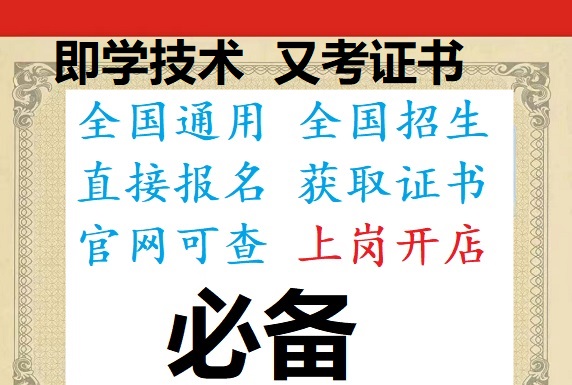
Advanced Healer's Certificate in Healing: A Comprehensive Guide
The Advanced Healer's Certificate is a prestigious credential that recognizes individuals who have demonstrated exceptional skills and knowledge in the field of healing. This certificate program provides training in various healing modalities, including traditional healing techniques, energy healing, spiritual healing, and holistic healing approaches. The curriculum covers topics such as anatomy and physiology, pathology, counseling skills, and client assessment. Upon completion of the program, graduates are equipped with the necessary skills to provide effective and holistic healing interventions.
1、Anatomy and Physiology
Anatomy and physiology form the foundation of understanding how the body functions and how it responds to different types of healing interventions. In this module, students will learn about the human body system by system, including the nervous system, circulatory system, respiratory system, digestive system, immune system, and reproductive system. They will also gain an understanding of how these systems interact with each other to maintain homeostasis and overall health.
2、Pathology
Pathology deals with the study of disease and its causes, symptoms, and effects on the body. In this module, students will learn about the different types of diseases, their causes, and how they affect different parts of the body. They will also gain an understanding of how medical professionals diagnose and treat diseases using various diagnostic tools and treatment modalities.
3、Counseling Skills
Counseling skills are essential for healers as they help them understand and communicate effectively with their clients. In this module, students will learn about different counseling theories and techniques, including cognitive-behavioral therapy, psychodynamic therapy, solution-focused therapy, and EMDR (Eye Movement Desensitization and Reprocessing). They will also gain hands-on experience in conducting client interviews, providing feedback, and creating treatment plans.
4、Client Assessment
Client assessment is critical in determining the appropriate healing intervention for each client. In this module, students will learn about different assessment tools and techniques, including psychological assessments, physical exams, and functional assessments. They will also gain an understanding of how to interpret client reports and use the information to develop personalized treatment plans.
5、Healing Techniques
Healing techniques encompass a wide range of practices that aim to restore balance and promote wellness in the body, mind, and spirit. In this module, students will learn about traditional healing techniques such as acupuncture, herbal medicine, massage therapy, and aromatherapy. They will also explore modern healing modalities such as reiki, energy healing, and quantum touch. Graduates will be able to choose from a variety of healing techniques based on their client's needs and preferences.
6、Energy Healing
Energy healing involves the use of energy channels or meridians to promote healing and balance in the body. In this module, students will learn about different energy healing modalities such as Reiki, Crystal Healing, Sound Healing, and Space Healing. They will also gain an understanding of how energy healing works and how it can be used to address specific health issues.
7、Spiritual Healing
Spiritual healing involves addressing emotional and spiritual imbalances that may be contributing to a person's physical health problems. In this module, students will explore different spiritual practices such as meditation, mindfulness, prayer, and spiritual counseling. They will also gain an understanding of how spirituality can be integrated into traditional healing practices to provide a more comprehensive approach to healing.
8、Holistic Healing Approaches
Holistic healing approaches take a whole-person perspective when addressing health issues. In this module, students will learn about different holistic healing modalities such as nutrition therapy, lifestyle coaching, yoga therapy, and mind-body therapies. They will also gain an understanding of how holistic healing approaches can be used to address complex health issues that may require multiple interventions.
9、Case Studies and Demonstrations
Case studies provide practical application of the knowledge gained in the coursework. Students will work through case studies that involve real-life scenarios and demonstrate how to apply different healing techniques to address specific health issues. Additionally, there will be hands-on demonstrations where students can practice their skills with simulated clients.
10、Professional Development
Graduates of the Advanced Healer's Certificate program will receive ongoing professional development opportunities to stay up-to-date with the latest research and trends in the field of healing. These opportunities may include attending conferences, workshops, seminars, and online courses focused on advanced healing techniques and technologies.
Conclusion:
The Advanced Healer's Certificate program offers a comprehensive introduction to the field of healing and equips graduates with the skills needed to provide effective and holistic healing interventions. By mastering anatomy and physiology, pathology, counseling skills, client assessment
